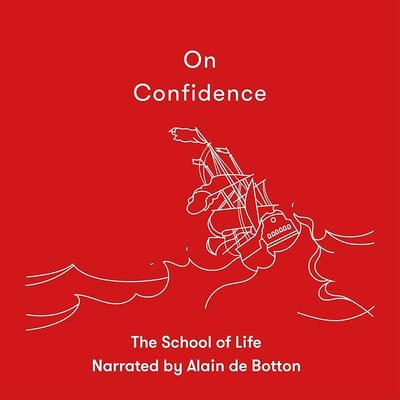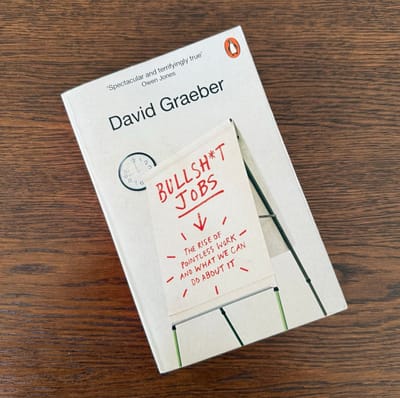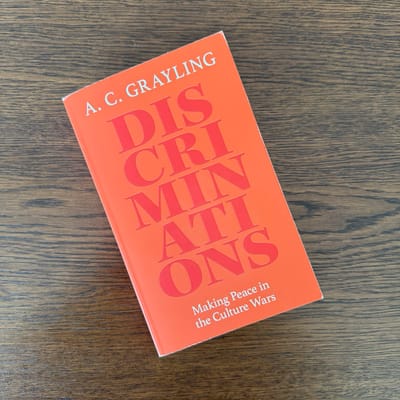The Invisible Doctrine by George Monbiot & Peter Hutchison

I carried this book around for three weeks, on holiday in Spain and then working in Austin for a week. I suspect the authors would not look too kindly on my airmiles combined with my work for a tech company. However, in the spirit of sharpening my saw, I read this as a way to educate myself and understand the origins and impacts of Neoliberalism.
The Invisible Doctrine examines the secretive and insidious rise of neoliberalism and its influence on global politics, economics, and society. The book traces the ideology's origins to the 1930s, where it began as a fringe philosophy that celebrated competition as the essential driver of human progress.
Over the decades, this philosophy was co-opted by wealthy elites and promoted by think tanks, media, and political figures to reshape societies, turning citizens into consumers and placing corporate power above democracy. There are some extensive explanations of how we can all be manipulated and gaslit by those in real power, many of the ‘dots connected’ were eye opening. .
Monbiot and Hutchison argue that neoliberalism, often presented as natural and inevitable, has exacerbated many of the crises we face today, from environmental degradation to economic inequality and the rise of authoritarianism. They connect the dots between the deregulation of corporations, the erosion of public services, and the increase in climate disasters, showing how these issues are deeply intertwined under neoliberal policies.
The book finishes with a challenge to neoliberalism by proposing an alternative vision rooted in participatory democracy, mutual cooperation, and sustainability. It calls for a shift toward “private sufficiency, public luxury,” where individuals' basic needs are met, and shared resources are elevated to create a more just society.
Ultimately, The Invisible Doctrine serves as both an expose of the destructive impact of neoliberalism and a rallying cry for systemic change. I enjoyed the book, learning about Neoliberalism, but also provoking some questions about my world views and how I understand what is happening in our society.
Often, I find Monbiot a bit ‘hectoring’ in his journalism, and while this is clearly a one-sided book, I did enjoy the way the arguments were put forward. I’d recommend this to anyone who wants to challenge themselves and learn more about the economic/political structures which we live in.







Member discussion